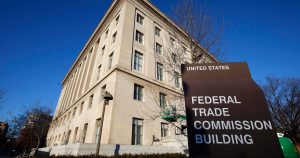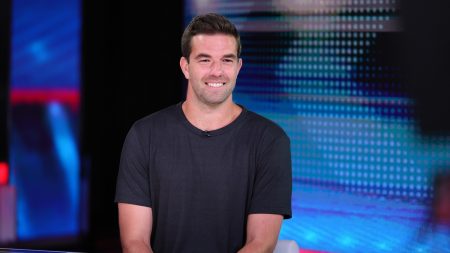Legal and Cultural Implications of The 1975’s Performance in Malaysia
-
Context and Legal Proceedings:
In July 2023, The 1975, a British band, performed at the Good Vibes Festival in Kuala Lumpur, Malaysia. During the concert, lead singer Matty Healy kissed a male bandmate, sparking controversy in a country where homosexuality is illegal and punishable under strict laws. The festival organizer, Future Sound Asia (FSA), sued The 1975 Productions LLP for 1.9 million pounds, alleging breach of contract and seeking personal liability from band members. However, a London judge ruled that band members could not be held personally liable, allowing the case to proceed solely against the company. -
Legal Ruling and Implications:
The judge determined that holding individual band members liable was legally unsound, emphasizing that the claim against them was not viable. This distinction is crucial as it protects the personal assets of Matty Healy and other members from seizure. The case highlights the importance of understanding contractual obligations and the legal separation between individuals and corporate entities. -
Contractual Obligations and Provocation:
FSA argued that the band had a duty of care, referencing guidelines from a 2016 performance where the band agreed to avoid controversial behaviors. In 2023, Healy’s actions, including bringing wine on stage and the kiss, were seen as deliberate provocations. The band’s attorney countered that the lawsuit was an attempt to personally target individuals unfairly, as the contract was with the company, not the members individually. -
Cultural and Legal Backlash:
The incident occurred in a culturally conservative environment where LGBTQ+ rights are severely restricted. While Healy’s gesture was a political statement in support of LGBTQ+ rights, it risked legal repercussions and potential harm to local communities. Some LGBTQ+ groups criticized the band for undermining activists’ efforts, illustrating the delicate balance between artistic expression and cultural sensitivity. -
Consequences and Precedents:
Following the controversy, The 1975 faced cancellations in Taiwan and Jakarta and was blacklisted by the Malaysian government. The financial implications for both the band and the festival organizers underscore the risks of such incidents. The case serves as a precedent for artists making political statements, highlighting the potential for unintended legal and social repercussions. - Conclusion:
The case balances artistic expression with contractual and legal responsibilities. The judge’s decision protects the band members personally while allowing the lawsuit against the company to proceed, reflecting the complexity of navigating global performances amidst varying legal and cultural norms. It underscores the importance of understanding local laws and contractual terms for artists aiming to use their platforms for social commentary.















